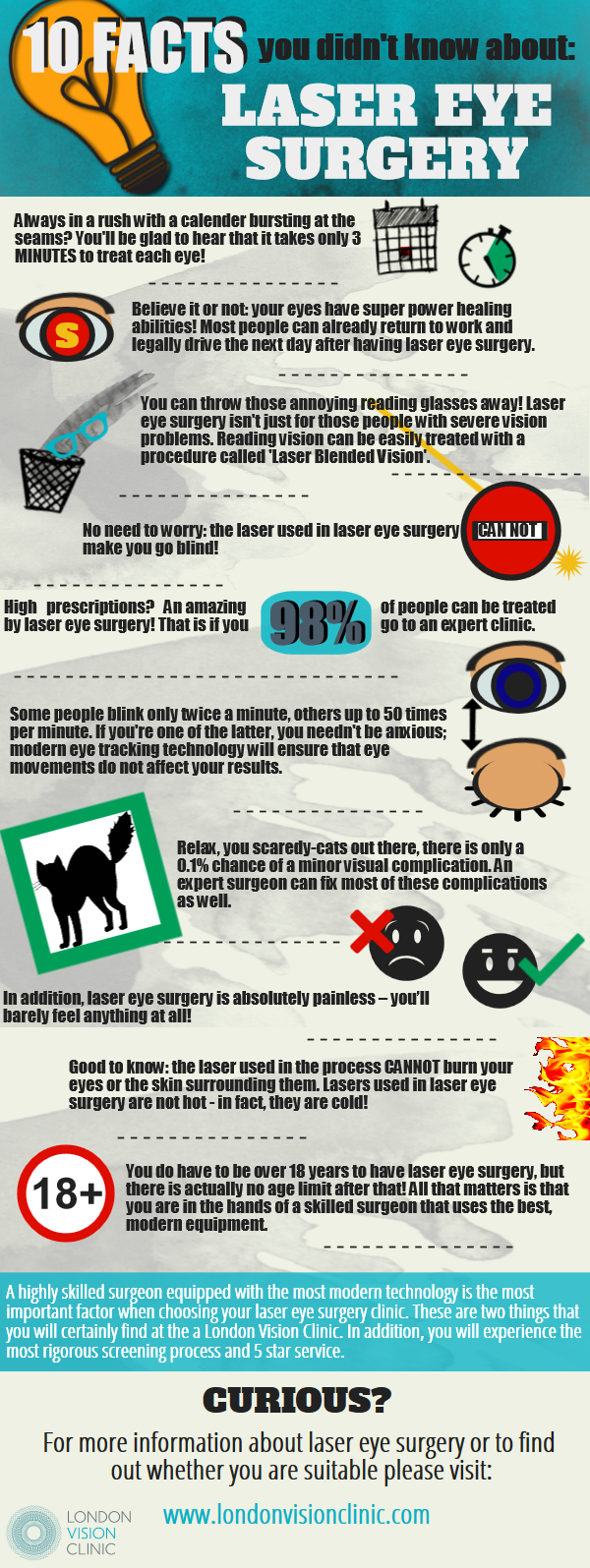Refractive Lens Exchange (RLE) Is An Alternate To LASIK For Individuals Who Want To Avoid The Threats Of Laser Vision Improvement

Astigmatism After EVO ICL Surgery -Greenwood Goodwin
This treatment gets rid of the eye's all-natural lens as well as changes it with a synthetic intraocular lens, or IOL. RLE is specifically valuable for patients over 40 who have problems with presbyopia and also cataracts. The resilient fabricated lenses dental implanted in RLE don't age, so they can maintain you seeing clearly for many years to find.
What is RLE?
Refractive Lens Exchange After Lasik (RLE) is a vision correction procedure for individuals with high refractive mistakes. It is additionally used to treat presbyopia, which is the all-natural propensity for our eyes to shed their capability to focus at distances.
RLE can be a great choice for patients who have actually formerly attempted LASIK yet had inadequate outcomes. Generally, clients who more than 45 as well as have difficulty analysis without glasses are excellent prospects for RLE.
The treatment fasts, and the majority of people discover improvement in their vision instantly after surgical treatment. However, it can take some time for the eye to recover fully and for the vision to maintain.
The primary benefit of RLE is that it gives an extra steady vision outcome than LASIK, which might degrade in time as the corneal thickness adjustments. This can create problems like dry eye, flap defects and vision loss.
How Does RLE Job?
RLE is a procedure that changes your all-natural lens with a synthetic intraocular lens (IOL). Can You Swim After EVO ICL Surgery resemble the lenses that you receive after LASIK and other modern-day eye surgical treatment procedures.
The IOLs appropriate incorrect light refraction and also boost your eyesight. They are an irreversible solution for certain eye conditions such as hyperopia (farsightedness), myopia (nearsightedness), as well as astigmatism.
If you have a refractive mistake that makes it impossible for other restorative surgical treatments to deal with, then RLE may be the only option offered to you. This is especially true if you have presbyopia or deal with serious farsightedness (hyperopia) and are not a candidate for LASIK or various other vision correction surgeries.
Similarly that cataracts can be prevented by executing cataract surgical procedure prior to they develop, RLE can avoid you from needing to undergo a corneal transplant as well as lens replacement surgical procedures later in life. The risk of retinal detachment is likewise significantly minimized in this circumstance.
Is RLE More Secure than LASIK?
While LASIK stays one of the most typical vision modification treatment in the USA, RLE can be a choice for clients that do not get approved for LASIK due to age or other wellness concerns. It's a secure, trustworthy surgical treatment with strong person fulfillment as well as quick recovery times.
RLE is a refractive lens substitute, which suggests that the eye's natural lens is eliminated and changed with a synthetic intraocular lens (IOL). These lenses can be monofocal, multifocal, or fitting.
Multifocal lenses enable you to see at three distinct distances while accommodating lenses readjust in the eye as your eyes change emphasis. These types of lenses can aid you get rid of presbyopia as well as enhance your nearsightedness as well as range vision, making them an exceptional selection for people that desire a long-term service.
Similar to LASIK, RLE is an elective surgical procedure that is generally not covered by insurance policy. Nevertheless, numerous centers use funding options so you can pay for the treatment and get the high quality vision you prefer.
Is RLE A Lot More Affordable than LASIK?
LASIK is a popular eye surgery that utilizes lasers to correct refractive mistakes such as nearsightedness, farsightedness or astigmatism. However, it's not the only treatment that can fix vision problems.
RLE, or Refractive Lens Exchange, is one more usual surgery for vision improvement. Unlike LASIK, which deals with the surface area of the eye, RLE replaces the natural lens.
The best prospects for RLE are people over the age of 40. This is because LASIK can not stop eye conditions like presbyopia or cataracts, which establish as you get older and also affect your vision.
During a RLE treatment, the medical professional removes the client's natural lenses and replaces them with intraocular implants (IOLs). The IOLs can be light-adjustable or suiting, so they can deal with many different aesthetic problems.

